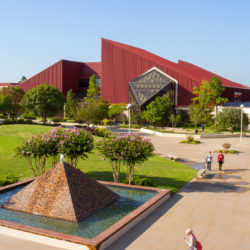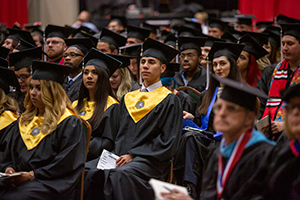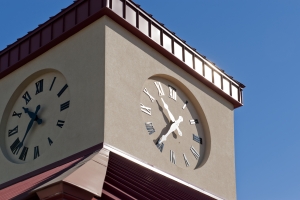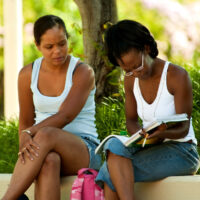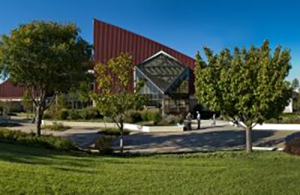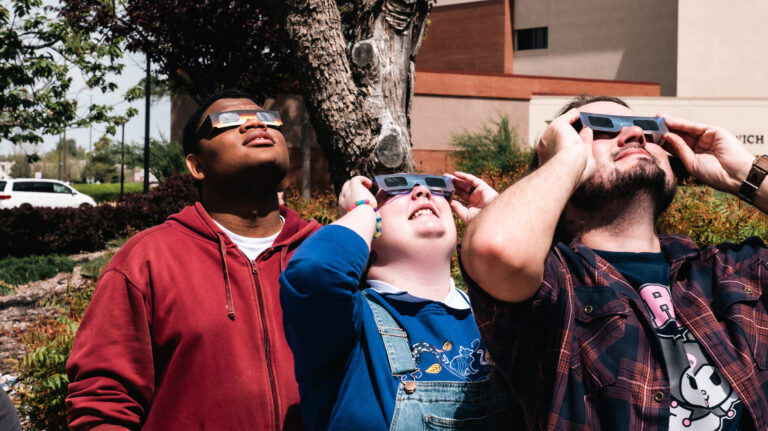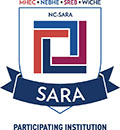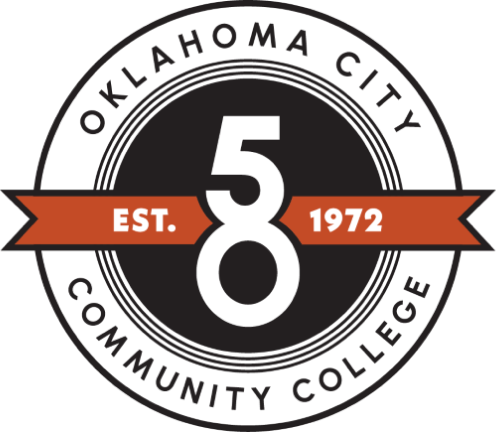OKLAHOMA CITY, Okla. — On April 8, Oklahoma City Community College (OCCC) hosted a solar eclipse watch party, attracting more than 500 students, faculty, staff, and local community members to campus.
The free event was a collaboration between OCCC’s Division of Science, Engineering & Mathematics (SEM) and the OCCC Library. Ensuring a safe and enriching experience for all, OCCC provided NASA-approved solar eclipse glasses and provided educational materials to attendees.
Christine Miller, supervisor of OCCC’s Math Resource Center and main coordinator of the event, said she was very pleased with how the event turned out and how many people came out to share in the experience together.
“I’ve been thinking about the event for over a year, but over the last few months and thanks to the funding of F.R.E.E.S., the event was a success,” she said.
F.R.E.E.S., formally called Funding Request for the Engagement of Every Student, is a new campus initiative to help build campus engagement and community through educational activities.
According to the National Aeronautics and Space Administration (NASA), a total solar eclipse occurs when the moon passes between the sun and Earth, completely blocking the face of the sun. The 2024 eclipse marks the last total solar eclipse visible from the contiguous U.S. until 2044, making it a not-to-be-missed event.
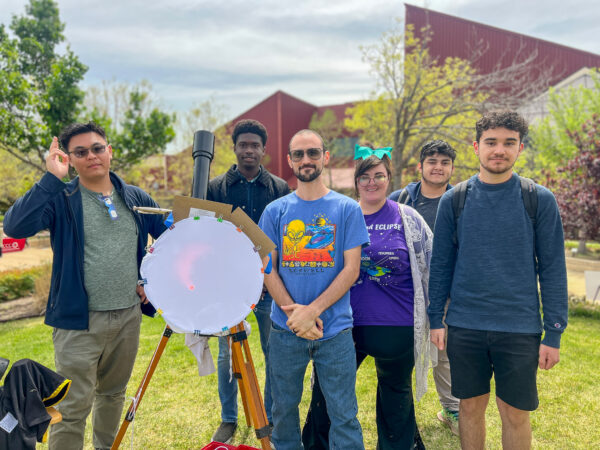 The event was further enhanced by the inventive contributions of the OCCC Engineering Club, under the guidance of Max Simmons, OCCC’s dean of the SEM Division. The club developed viewing experiences such as the solar funnel projector and demonstrated the principles of pinhole projection, marrying theoretical knowledge with practical application.
The event was further enhanced by the inventive contributions of the OCCC Engineering Club, under the guidance of Max Simmons, OCCC’s dean of the SEM Division. The club developed viewing experiences such as the solar funnel projector and demonstrated the principles of pinhole projection, marrying theoretical knowledge with practical application.
Brayden Gerard, vice president of the OCCC Engineering Club, shared his excitement about the success of the solar funnel projector, highlighting the club’s dedication to making the event memorable, especially for first-time viewers.
“Although I watched the solar eclipse of 2017, this event was spectacular,” said Gerard. “We had to do some math calculations beforehand using some powerful flashlights to figure out roughly how big the image would appear on the projector. Thankfully, we were able to capture it in the right spot.”
Reflecting on the overall success of the event, attendees like Bobie Johnson, a math major with aspirations in astrophysics, highlighted the communal and educational impact of the eclipse viewing.
“It was so exciting to see so many people get to experience what I love. Many people were viewing for the first time, and it was great to be a part of a ‘twice-in-a-lifetime’ event,” said Bobie.
The successful watch party at OCCC not only provided a safe and educational viewing experience but also fostered a sense of community and shared wonder. Events like these highlight the importance of community engagement in educational institutions and the role they play in bringing together people from all walks of life to learn, celebrate, and experience the wonders of our universe together.
